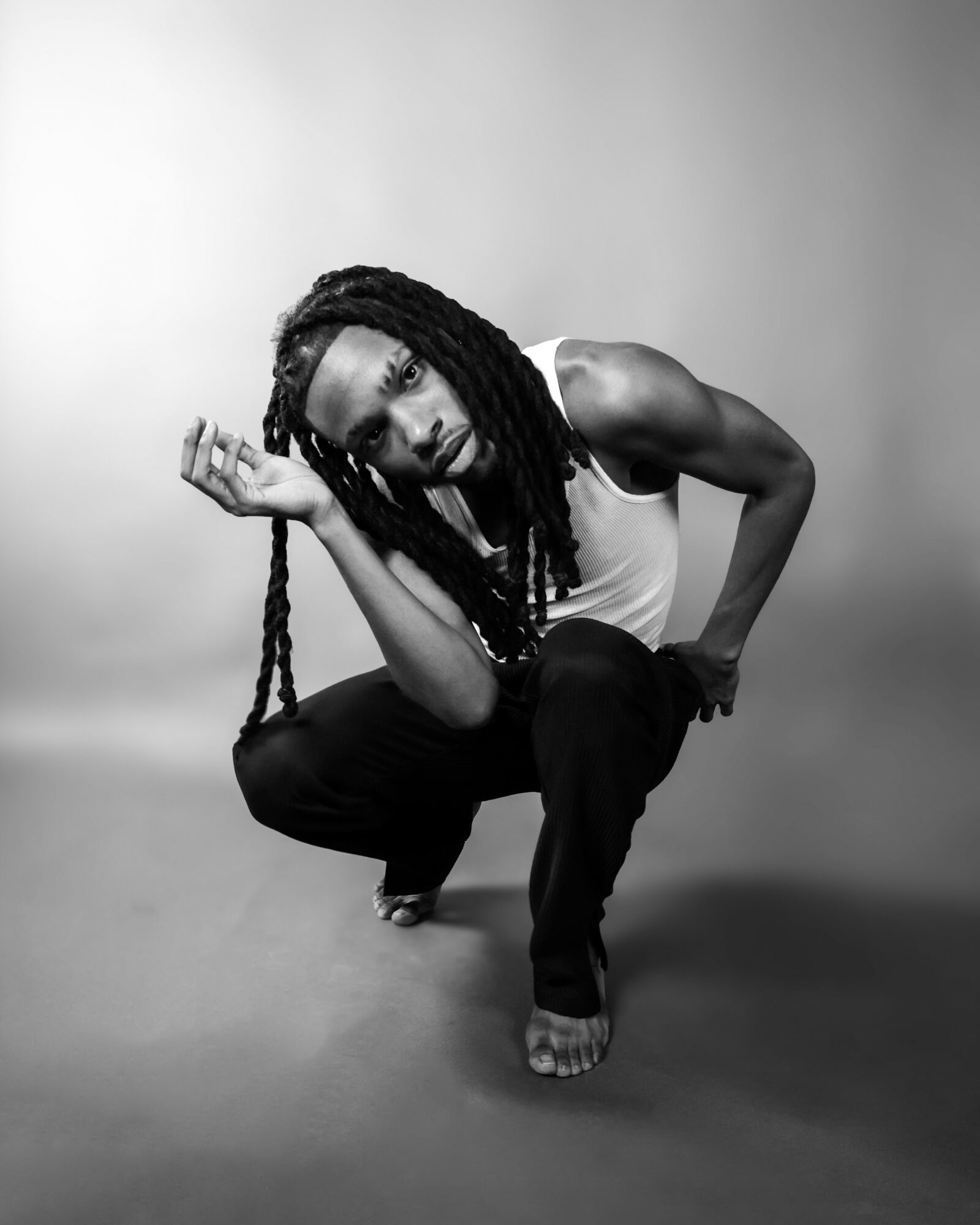

Billy Hawkains III shared their story and experiences with us recently and you can find our conversation below.
Billy, really appreciate you sharing your stories and insights with us. The world would have so much more understanding and empathy if we all were a bit more open about our stories and how they have helped shaped our journey and worldview. Let’s jump in with a fun one: When have you felt most loved—and did you believe you deserved it?
It happened at my parents’ 30th wedding anniversary dinner. I’d been quietly drowning in anxiety for months—stressed about work, about money, convinced I was inches away from losing everything. But I told no one. Every time someone asked how I was doing, I said, “I’m good.” That night, I wasn’t. The moment I got up from the table and walked to the bathroom in the back of the restaurant, I could feel it. Something wasn’t right. I entered the bathroom, and out of nowhere my vision fractured—like being in a room of mirrors—and my body gave out. After regaining the ability to walk and some of my sight, I managed to make my way out of the bathroom only to pass out again. I later learned from the bartender that I’d collapsed again, hitting my head on tables and chairs on the way down, and much later, that what I was experiencing was a panic attack.
When my family rushed to me—my parents, siblings, and my best friend—I was mortified. I wanted to disappear. But I’ll never forget my sister Camilla’s face as she came toward me. She said, “I knew something was wrong. I could just feel it.” It wasn’t judgment; it was love. Pure concern. My parents kept asking what was happening, and all the walls I’d built just fell apart. I sobbed, I told them everything—the fear, the shame, the exhaustion—and instead of disappointment, I was met with nothing but love.
They reminded me that family isn’t only there for your highlights and success stories; they’re there when you’re at your lowest, when you’re cracked open and vulnerable. That night, six sutures later, I learned that love isn’t always gentle or polished—it’s raw, present, and sometimes it shows up when you finally stop pretending you’re okay. And yes, for the first time in a long time, I believed I deserved it.
Can you briefly introduce yourself and share what makes you or your brand unique?
I’m a Detroit-born dance artist, educator, and choreographer, currently based in Atlanta, GA. I came to dance formally at 14, but really, my first education in movement came much earlier, in the Black Missionary Baptist church—where I witnessed, through praise dance and the ecstatic expressions of worship, how the body carries story, spirit, and survival. Since then, I’ve earned a BFA and MFA in Dance, performed across the U.S. and internationally, taught in university settings, and built a body of work that explores how we navigate race, identity, and liberation through the physical body.
Right now, I’m producing a new screendance work through Dance Canvas’ “On Film” program, traveling the country to host masterclasses in Safety Release and dance improvisation, and slowly working my way through James Baldwin’s literary archive and interviews—his work continues to remind me how necessary it is to love deeply, speak truthfully, and create bravely. I’m also loving “Baldwin: A Love Story” by Nicholas Boggs and listening to a lot of John Coltrane lately—it all feels like part of the same archive of Black brilliance and resistance that continues to guide my artistry. I’m always mentoring emerging choreographers, performing, or developing work through my project-based company, The III Collective—but I’m also learning to slow down, making space to exist, to breathe, and remembering that I don’t always have to be “doing.”
Okay, so here’s a deep one: What breaks the bonds between people—and what restores them?
I believe what breaks the bonds between people is fear—fear of difference, fear of vulnerability, fear of confronting pain we don’t yet know how to hold. Fear convinces us to build walls instead of bridges, to protect rather than connect. But what restores those bonds—what heals the distance—is love. Not the kind of love that is passive or soft for the sake of comfort, but a radical, accountable love. A love that sees fully, names truth, and still chooses connection.
James Baldwin’s “The Fire Next Time” was the first work of his that helped me put language to this belief. His call for love—not as sentimentality but as a transformative force and revolution—reshaped how I understood healing, justice, and my own relationships. Across his work, Baldwin insisted that love is the only force capable of breaking the cycles of hatred and division. That without it, we cannot truly see each other. And that with it, we begin the hard, necessary work of repair. His writing reminds me that while fear fractures, love—when practiced with courage—can mend.
If you could say one kind thing to your younger self, what would it be?
I’d tell my younger self: You don’t have to disappear to belong. You don’t have to move like them, speak like them, or shrink yourself to be accepted. The things that make you feel different now are the same things that will one day set you apart—in the best, most powerful way.
You are enough, exactly as you are. Even when you’re standing in the back, your presence matters. Even when your voice shakes, it deserves to be heard. And just because you can’t see your worth yet doesn’t mean it’s not there—it’s always been there. Trust that. Speak up. Take up space. You’re allowed to be seen. Your difference is your destiny.
Alright, so if you are open to it, let’s explore some philosophical questions that touch on your values and worldview. Where are smart people getting it totally wrong today?
Ha, that’s an interesting question! I think a lot of smart people get it totally wrong by thinking they have to know everything all the time. There’s this pressure to always have the right answer, to be the most informed voice in the room—and that pressure can turn into pride real quick. I recently listened to a podcast where Shonda Rhimes said something that really stuck with me: “Don’t pretend you know something you don’t.”
It sounds simple, but it’s powerful. I think truly intelligent people aren’t the ones who know it all—they’re the ones who stay curious, who ask questions, who admit when they’re still learning. When ego takes over, it shuts down growth. And in my experience, the smartest people are often the ones who are brave enough to say, “I don’t know, but I want to understand.”
Thank you so much for all of your openness so far. Maybe we can close with a future oriented question. Could you give everything your best, even if no one ever praised you for it?
I don’t think smart people are “getting it wrong” as much as we’re all navigating a moment that punishes nuance. What I mean by that is, people value simplicity over complexity — quick takes over careful thought — and that makes it harder to hold space for the messy, in-between truths. The louder the world gets, the harder it becomes to think deeply or disagree productively. Intelligence today has to mean more than being right—it has to mean being willing to stay in the tension long enough to find what’s true, and to keep asking questions instead of protecting answers.
Contact Info:
- Instagram: https://www.instagram.com/iambillyjhawkains/
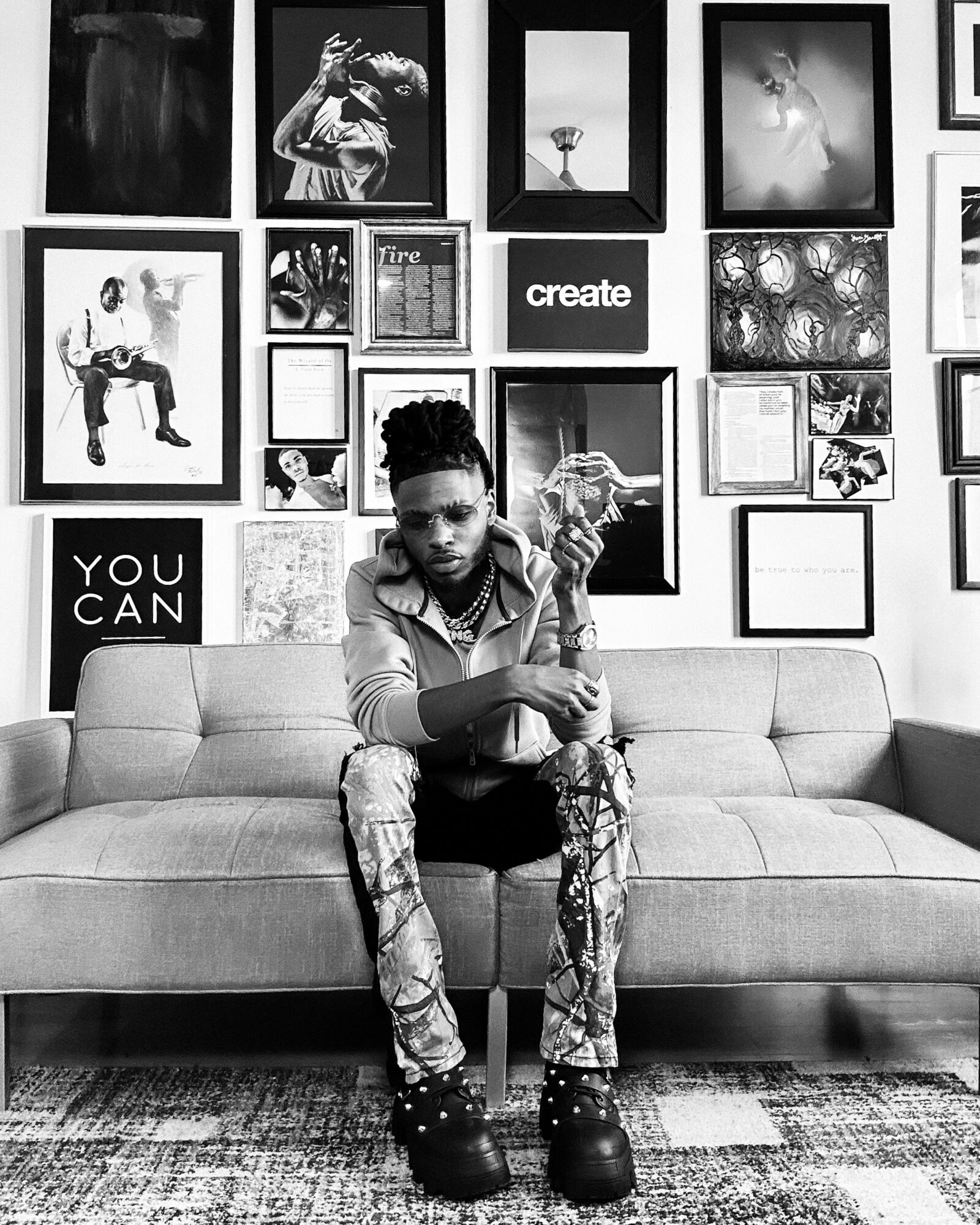
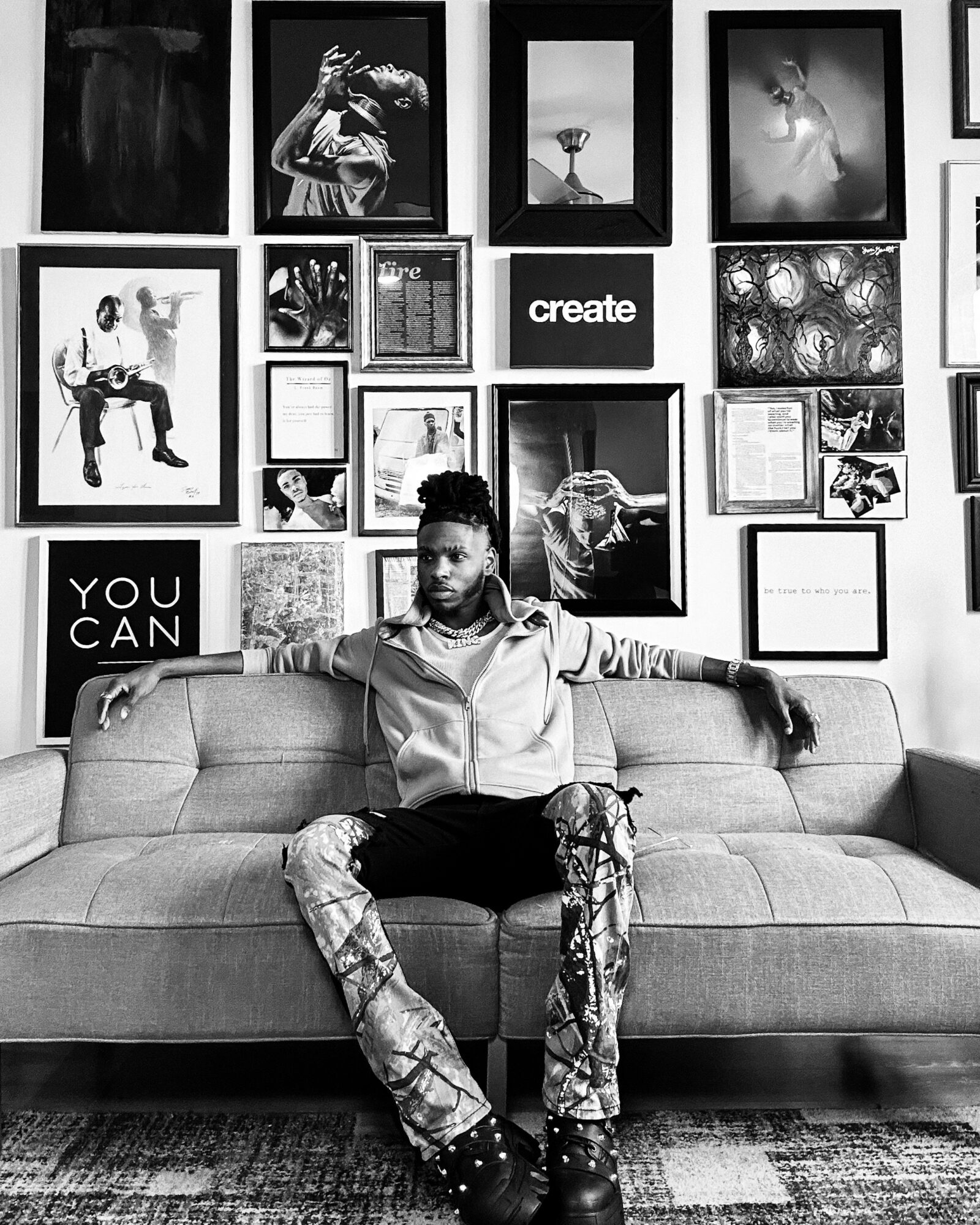
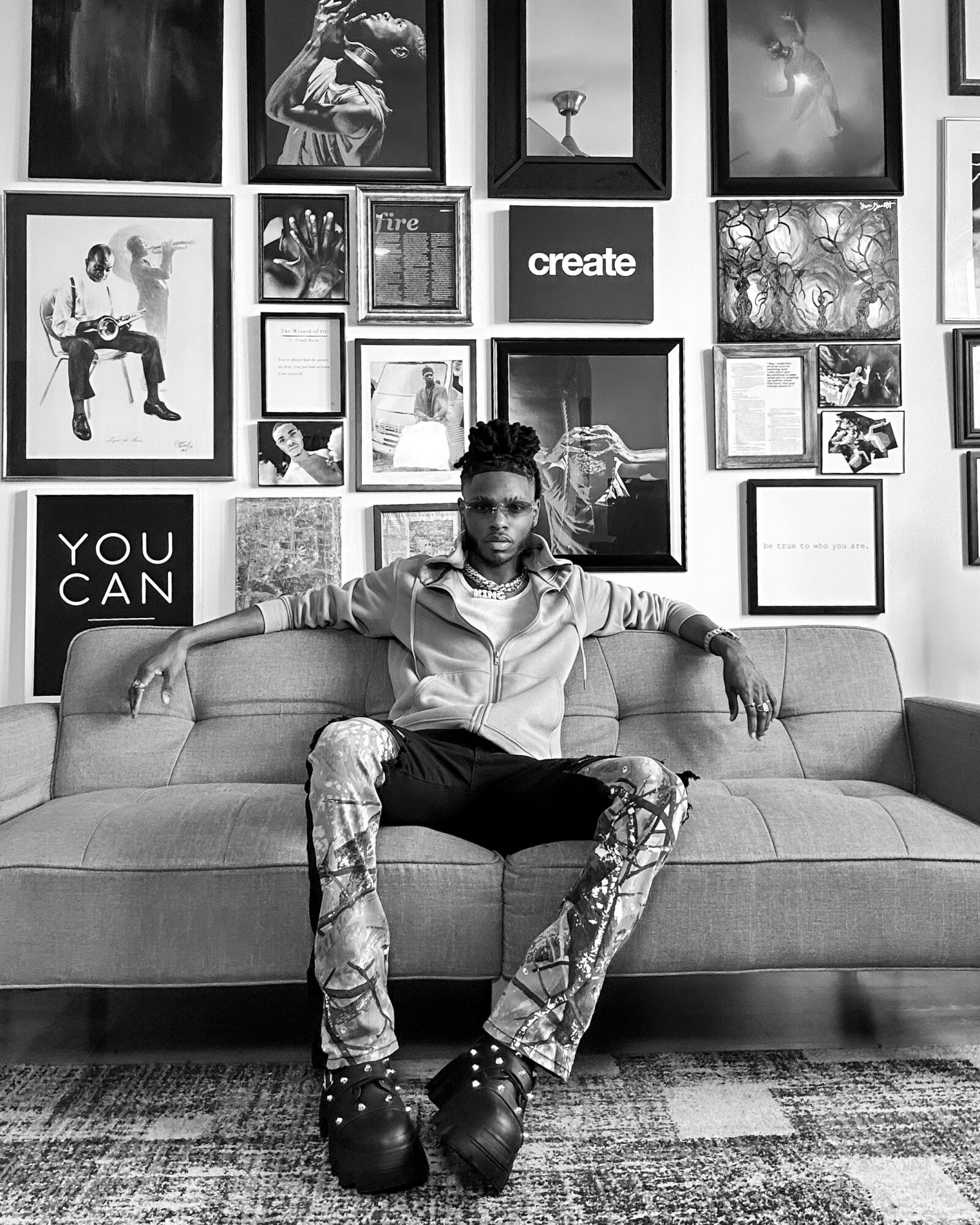
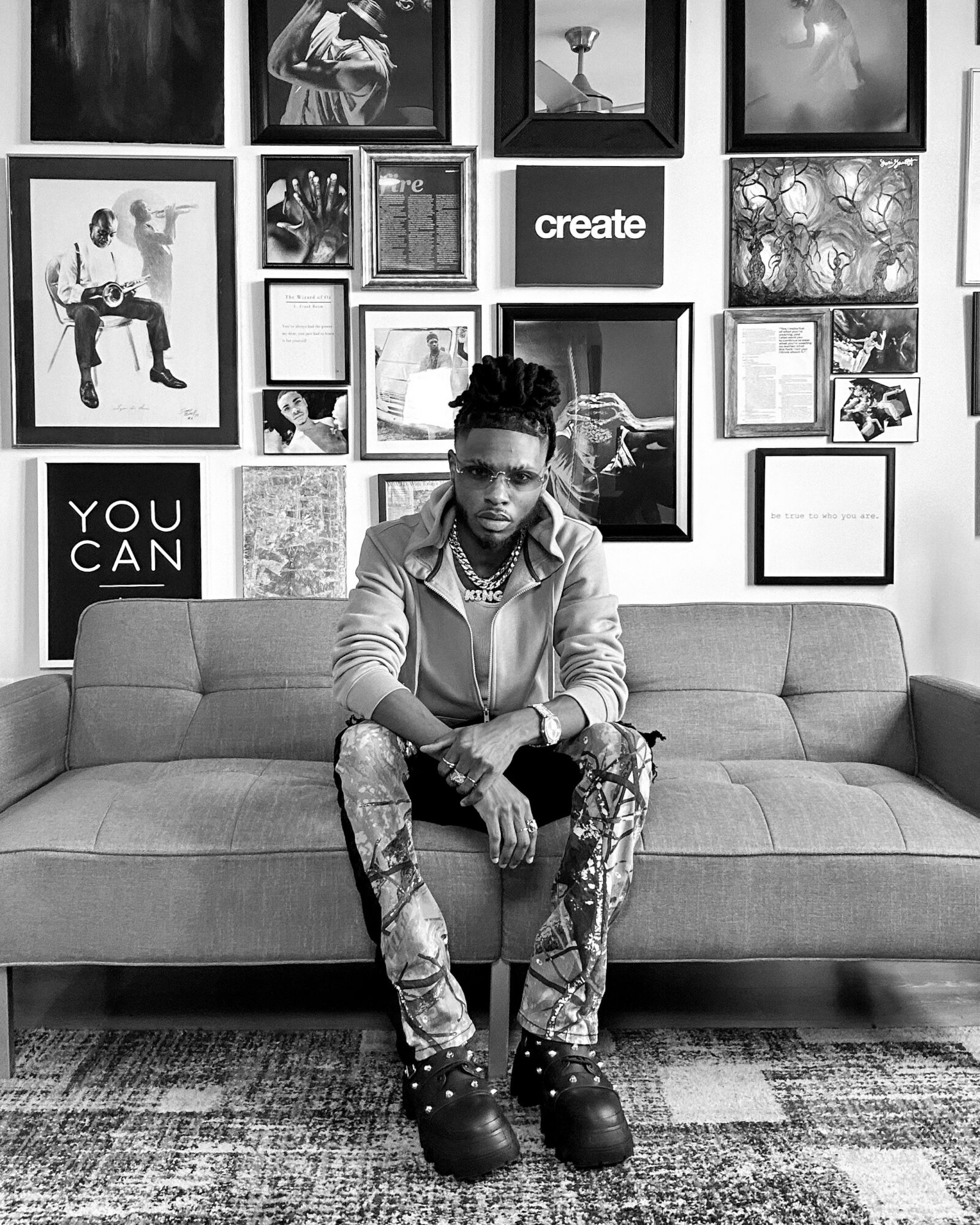
Image Credits
Christiana McLeod Horn (studio photo)













